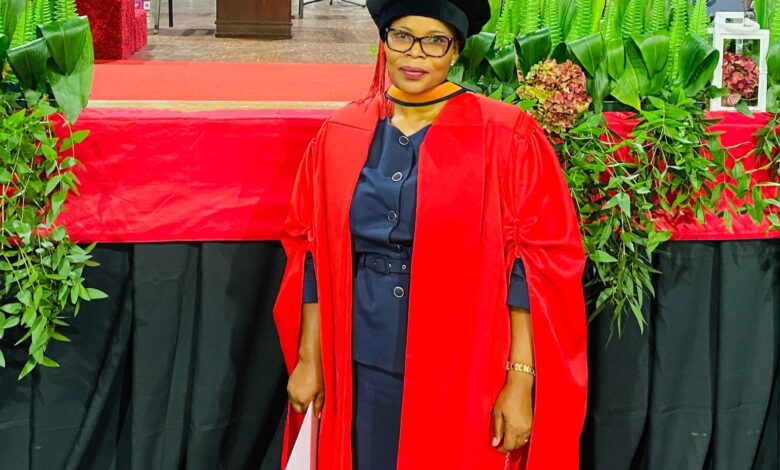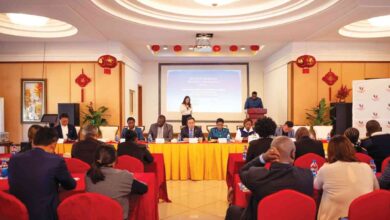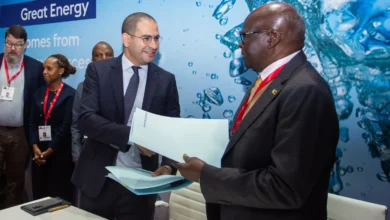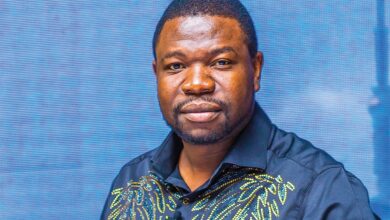Mavis Soko Earns PhD in Sociology, Advocates for Women’s Sexual Autonomy in Rural Zimbabwe

Mavis Soko, a newly minted Doctor of Sociology from the University of the Free State (UFS), is determined to bring about change in Zimbabwe’s rural communities by addressing the deeply entrenched patriarchal norms that hinder women’s sexual autonomy. With her research, Soko hopes to spark conversations and create policy shifts that will empower women to claim control over their sexual rights, particularly in rural and culturally marginalized areas.
In an interview with TimesLIVE, Soko shared her aspirations for her research. “I hope my research will spark meaningful dialogue and policy shifts that promote the recognition and protection of women’s sexual autonomy,” she said, emphasizing the need for change in rural Zimbabwe, where traditional cultural practices continue to limit women’s freedom.
Her research, titled “Ethnic and Gendered Implications of Sexuality and Sexual Rights: Prospects for an Ethnic-Specific Intervention among Karanga and Zezuru Women in Zimbabwe,” sheds light on the patriarchal norms that continue to shape women’s lives in these communities. Soko’s findings suggest that these entrenched gender roles, largely defined by cultural practices, suppress women’s ability to make independent decisions about their sexual and reproductive health.
Soko’s work is not just about academic inquiry; it’s about social change. “Socially I want it to empower women to understand and claim their sexual autonomy without fear or shame,” she stated. “Culturally I hope it will challenge harmful traditional practices and encourage communities to reflect on how these norms affect women’s wellbeing.” Her research also aims to make a significant academic contribution by exploring the intersections of gender, ethnicity, and sexuality in African contexts, with a particular focus on public health and social policy.
The traditional practices Soko highlights in her research are deeply rooted in the cultural fabric of rural Zimbabwe. These practices, such as kugeza chibereko (womb cleansing), kusunga bonde (ritualistic partner binding for sexual loyalty), runyoka (supernatural chastity enforcement), mubobobo (supernatural remote sexual activity), and kusimbisa musana (back-strengthening rituals linked to sexual performance), serve to regulate and suppress women’s autonomy. Soko’s research shows how these cultural norms restrict women’s control over their sexual rights and contribute to the persistent gender inequality in Zimbabwe.
Her passion for advocating for women’s rights and sexual autonomy was sparked during her MSc in Population Studies at the University of Zimbabwe, where she conducted research on HIV and AIDS among farm workers in the Goromonzi district. This experience highlighted the gap in understanding how ethnicity and gender intersect to affect women’s sexual autonomy, particularly in rural communities.
“Despite international and national efforts to promote gender equality, a critical gap in understanding how ethnicity and gender intersect to shape women’s sexual autonomy in rural settings remained,” Soko explained. Her findings from this research paved the way for her PhD study, which further explores the cultural and gendered barriers that restrict women’s sexual freedom.
Soko is particularly passionate about advocating for the girl child and supporting disadvantaged communities. “Whether through mentorship, community engagement, or academic work, I am driven by a deep desire to make a meaningful difference in the lives of others,” she said. Her work reflects a strong commitment to effecting positive social change and empowering marginalized women in rural Zimbabwe.
As Soko celebrates her academic achievement, her research stands as a call to action for policy makers, educators, and community leaders to reconsider harmful traditional practices and support the sexual autonomy of women. Through her advocacy, Soko hopes to contribute to a future where women in rural Zimbabwe can make informed, autonomous decisions about their bodies and their lives.




